Trending Now
Thursday, Nov, 2024
Home / Punjab Government Introduce Measures To Reform Education Sector
Punjab Government Introduce Measures To Reform Education Sector
The government is committed to establishing cutting-edge public schools and regulating tuition at private schools in order to guarantee that students receive an affordable and high-quality education. remarked CM Bhagwant Mann
 by Dilawar Kumar /
by Dilawar Kumar /  27 Jun 2022 11:59 AM IST /
27 Jun 2022 11:59 AM IST /  0 Comment(s) / 214
0 Comment(s) / 214
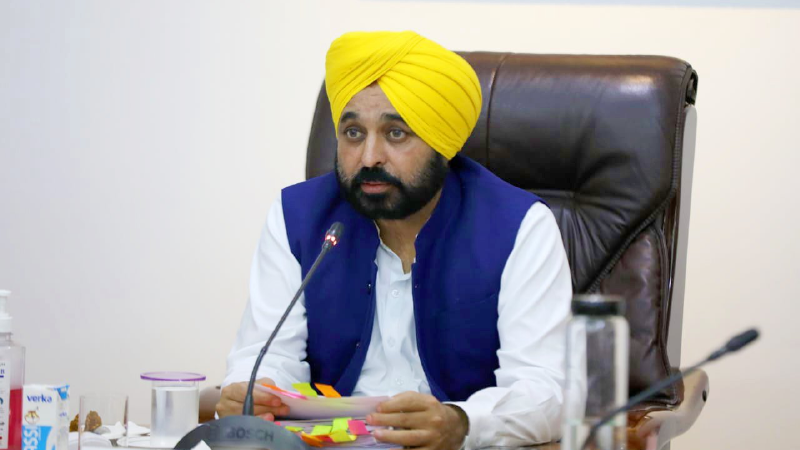
Image Courtesy : www.facebook.com/BhagwantMann1
Punjab Chief Minister Bhagwant Mann on Saturday proposed the implementation of multifaceted changes in the sector, describing education as the foundation for constructing a new society. He said that the state's public schools would be changed into "schools of eminence." The government is dedicated to establishing cutting-edge public schools and regulating tuition at private institutions in order to guarantee that children receive an affordable, high-quality education, he said.
The NOC (No Objection Certificate) of schools found to be in violation of the Fee Act, 2016, will be revoked, and punishment of Rs 1 lakh will be imposed, the official stated. Mann was completing the discussion on the governor's address in the state assembly when he spoke. He stated that quality education will also be an emphasis in colleges and universities and that lecturers there will receive UGC pay packages. The government is establishing 19 new industrial training institutes, according to the chief minister, to offer top-notch technical education. 44 new courses are being considered for introduction in various Industrial Training Institutes in response to the demands of the industry, he continued.
According to Mann, the state government has already begun the process of hiring 5,994 elementary trained teachers and 8,393 pre-primary teachers to fill open positions. He declared that going forward, teachers would be assigned to core teaching duties and that a distinct cadre would be established for non-teaching jobs. The chief minister emphasized the significance of modernizing teacher training procedures by announcing that best practices from all around the nation and the globe would be taken into account. The teachers will receive training from the state's department of education, which will work with the US Embassy's Regional English Language Office in New Delhi.
Regarding the healthcare industry, Mann stated that two essential components of a successful healthcare system at the grassroots level are quality and accessibility. For this, he claimed, Pind clinics in rural areas and Mohalla clinics in urban areas are being established to offer treatment that is both affordable and effective. To commemorate the country's 75th anniversary of independence, the first phase of the project will see the opening of 75 Mohalla clinics, which will serve the state's outlying regions. In outlining his ideas for the agricultural industry, Mann said that the government has already supported moong as a third crop, which is purchased at a Minimum Support Price of Rs 7,275 per quintal. "It will bring in Rs 30,000 more per acre for our farmers. Summer Moong now covers 1,28,495 acres instead of the previous 54,363 acres. As it will conserve our valuable groundwater and enhance the health of the soil, "diversification of new crops will be encouraged, and areas under pulses, maize, cotton, and oilseeds will be enlarged.
The chief minister described direct rice seeding as "another milestone endeavour" and claimed a subsidy of Rs 1,500 per acre is being offered. In order for subsidies and other advantages to reach the peasants in a transparent manner, he emphasized the importance of modernization and digitization in agriculture and stated that farmers' databases and land records are being merged.
In order to give farmers high-quality inputs, Mann added, a platform for tracking seeds, fertilizers, and pesticides from manufacturing to the end-user has been created. The chief minister urged non-resident Indians to establish industrial hubs to collaborate in building model schools and clinics in their villages as a way of winning their support for regaining the state's former glory.
He said that NRIs can contribute 50% to the building of infrastructures, such as schools, community centers, hospitals, latrines, lighting, sports arenas, and other projects, with the state government investing the remaining 50%.

EShort / February 16, 2024
IMS Noida Admissions 2024: Apply for UG, PG programmes

EShort / February 16, 2024
GATE 2024: Response sheet out

EShort / February 16, 2024
BSSTET 2023: Admit card released

EShort / February 16, 2024
NID DAT 2024: Prelims result released

EShort / February 16, 2024
IIT JAM 2024: Response sheet released
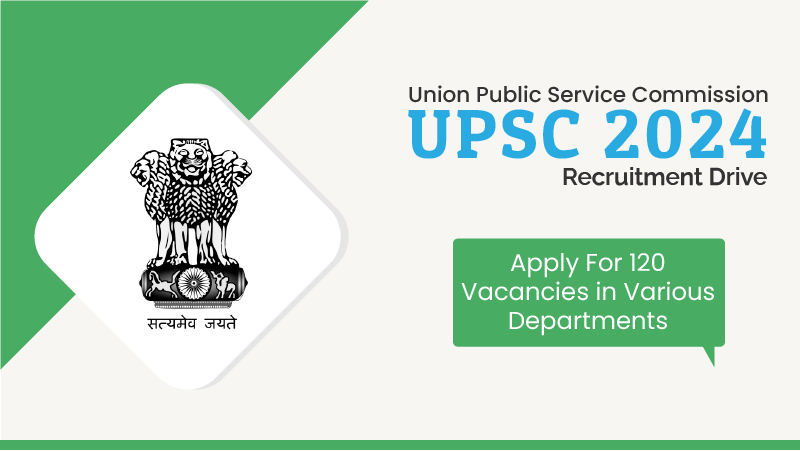
Jobs / February 16, 2024
UPSC Recruitment Drive 2024: Apply for 120 vacancies in various departments

EShort / February 14, 2024
UPSC CSE 2024: Official Notification issued; application process begins

Editor's Desk / April 17, 2020
How Does Society Impact Our Education?
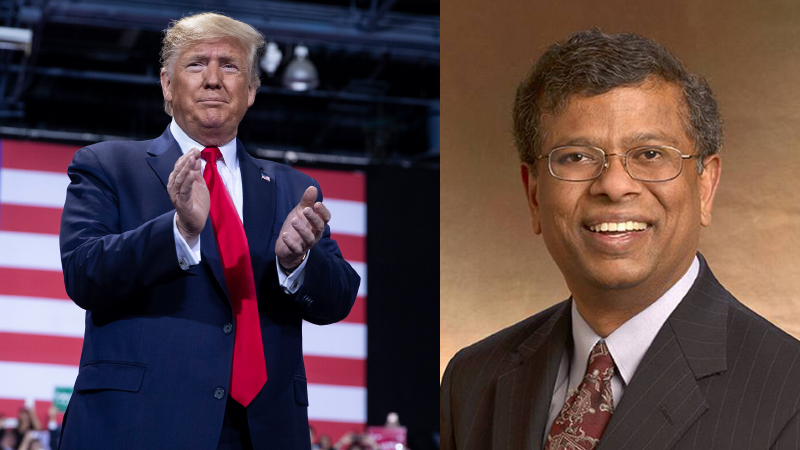
Current Affairs / April 22, 2020
Mr. Sudarsanam Babu appointed to U.S. Science Board.
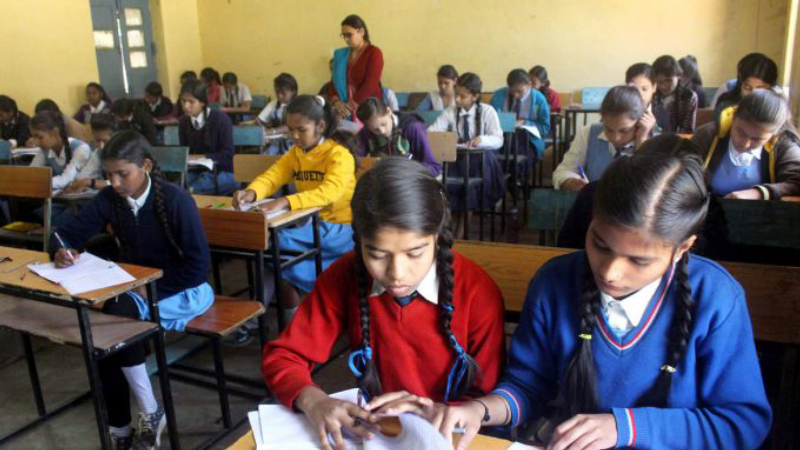
Reforms / April 17, 2020
Traditional Structure of Education In India
.jpg)
Events & Seminars / April 17, 2020
PISA!!
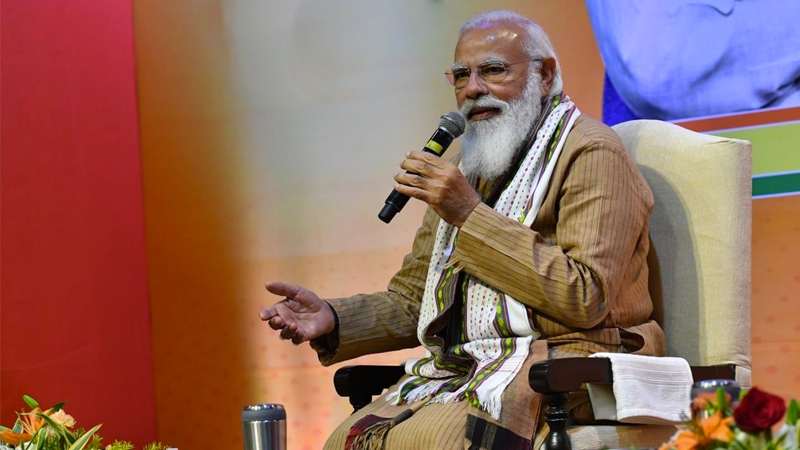
Blog / February 26, 2021
Government's Action On #ModiRojgaarDo

EShort / May 19, 2022
CUET PG 2025 has started the registration process.

Notice Board on Important Dates / April 21, 2020
World Heritage Day

News / July 08, 2021
JEE Mains Registration For Session 3: Last Date To Apply

EShort / December 14, 2021
UPSC Declared Final Result For DCIO Recruitment


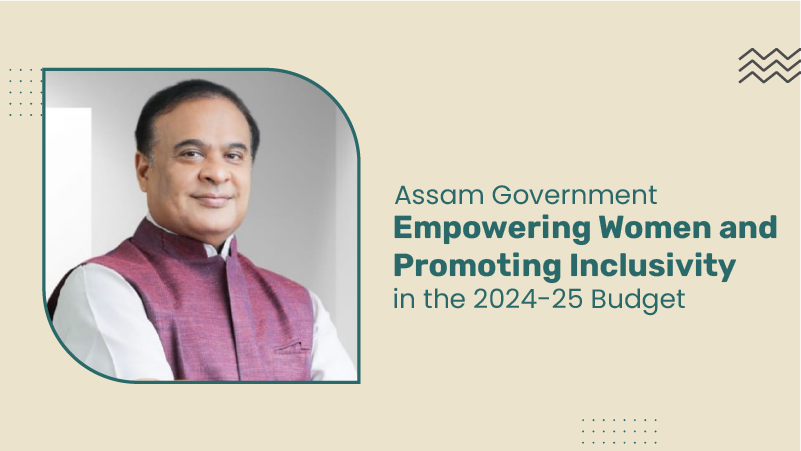
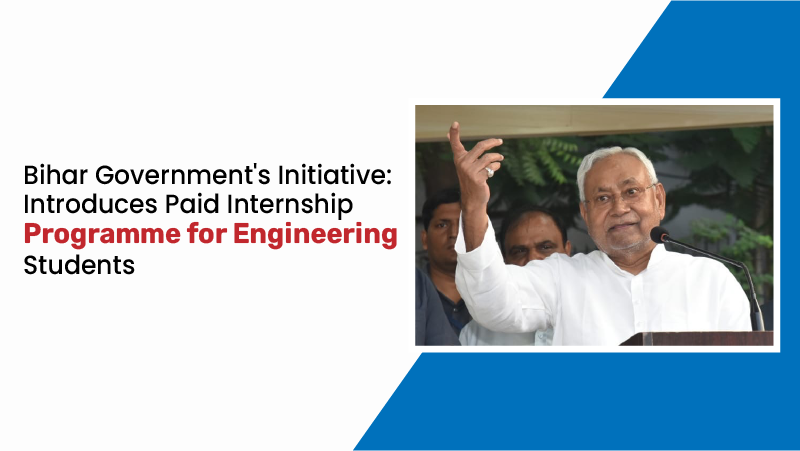
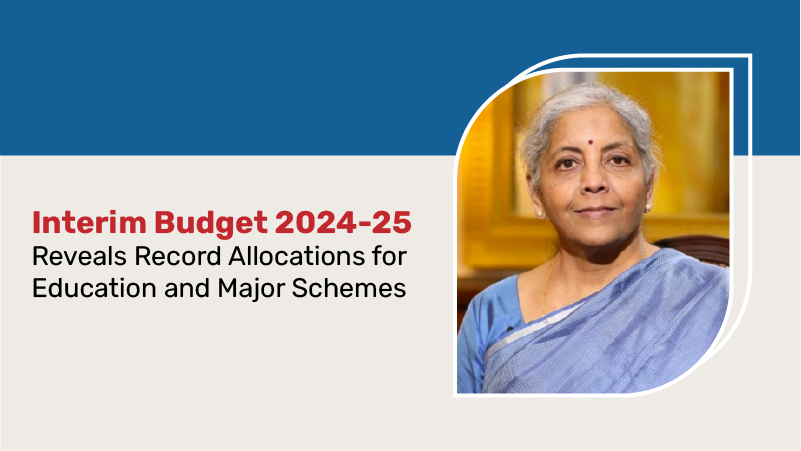
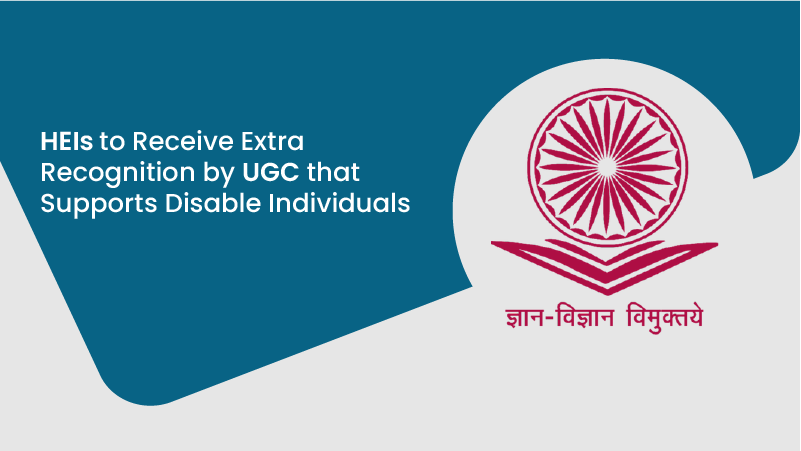

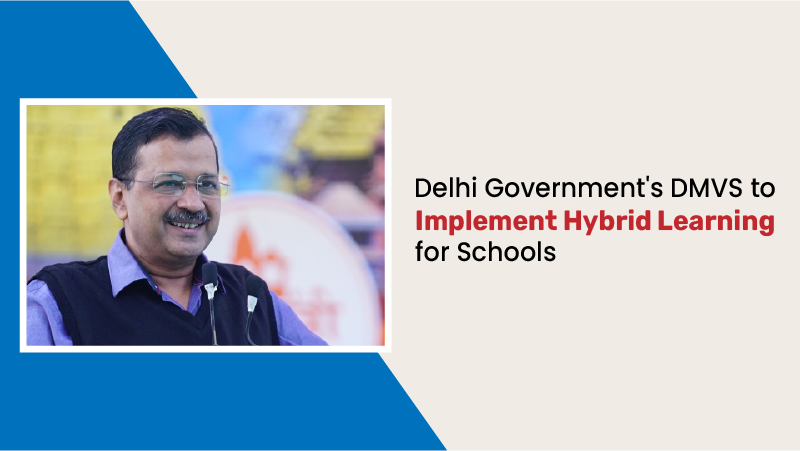
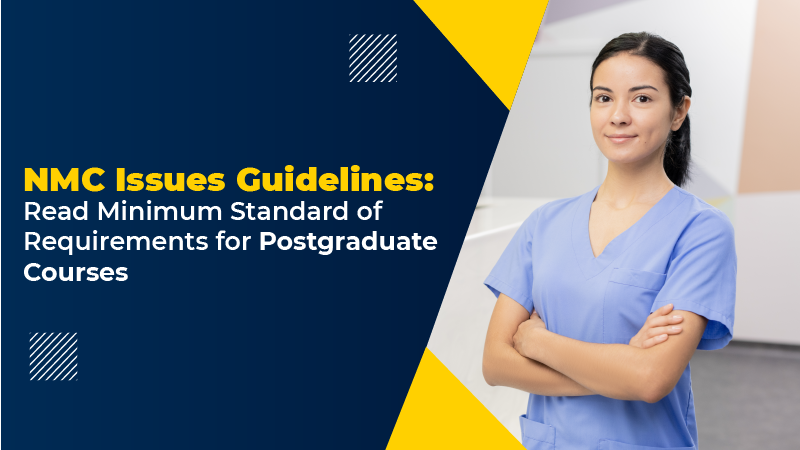
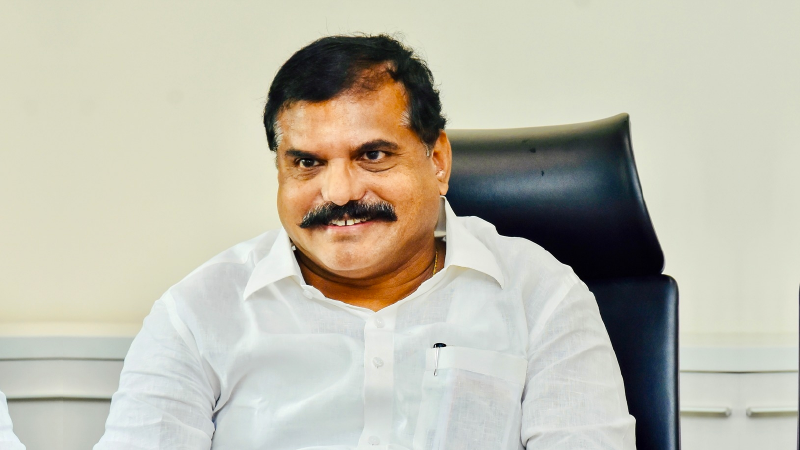

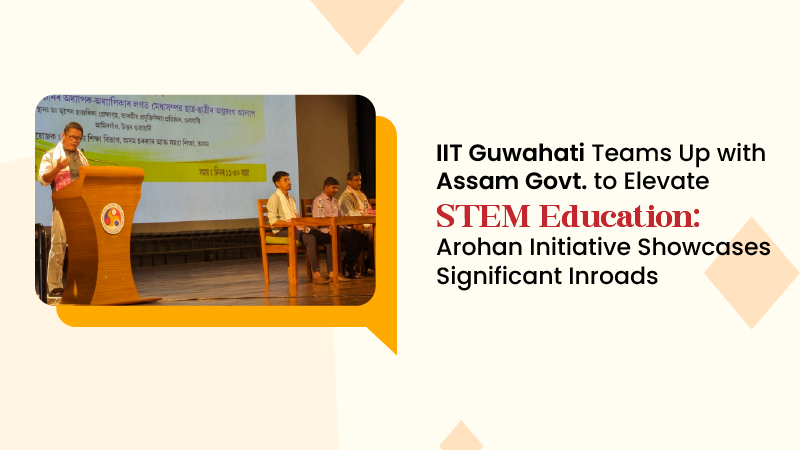
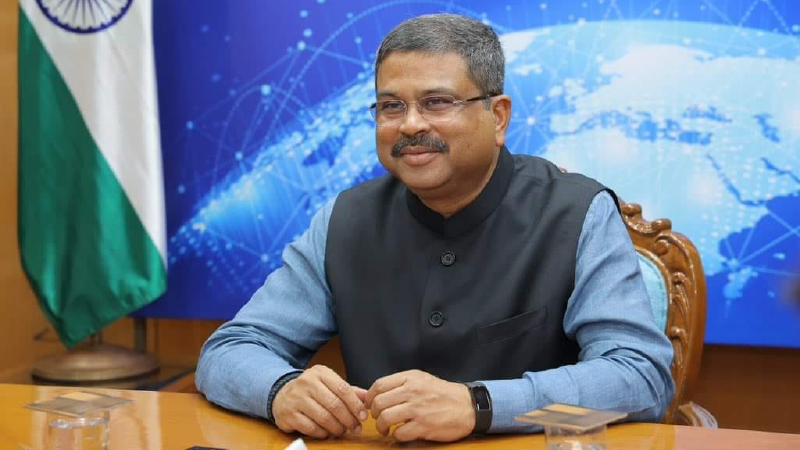
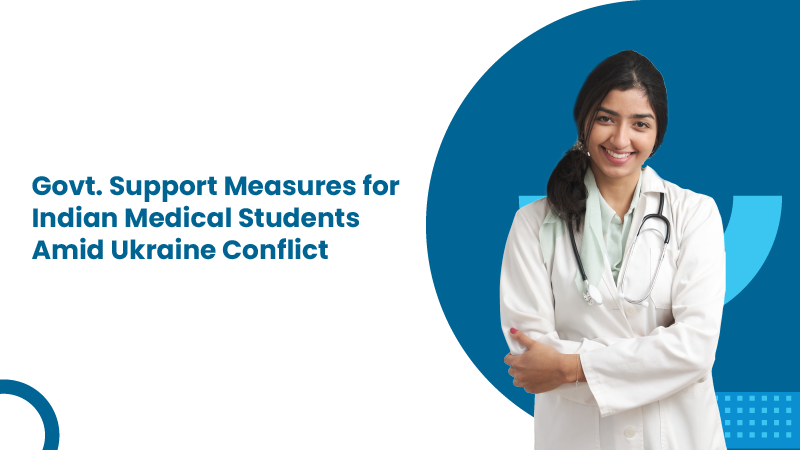
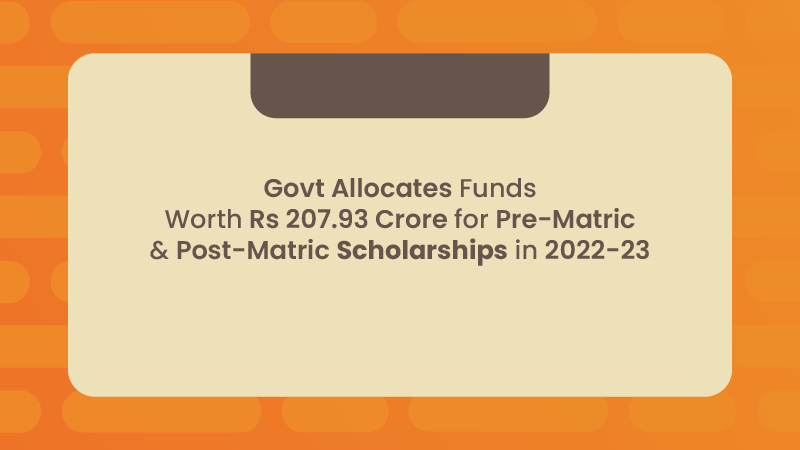
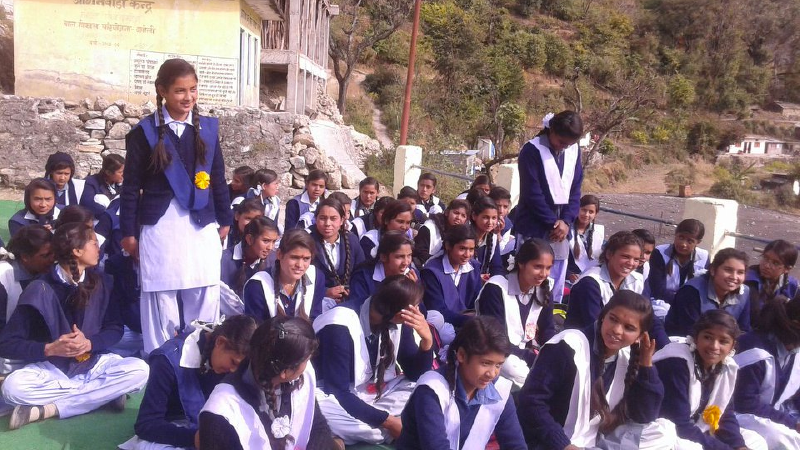
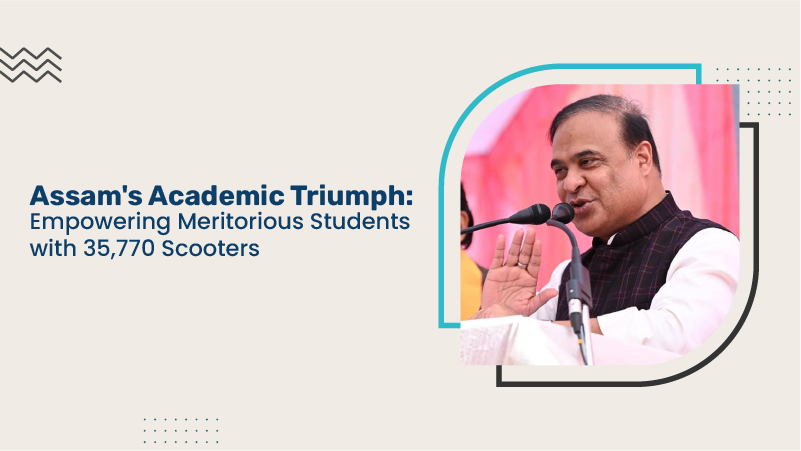
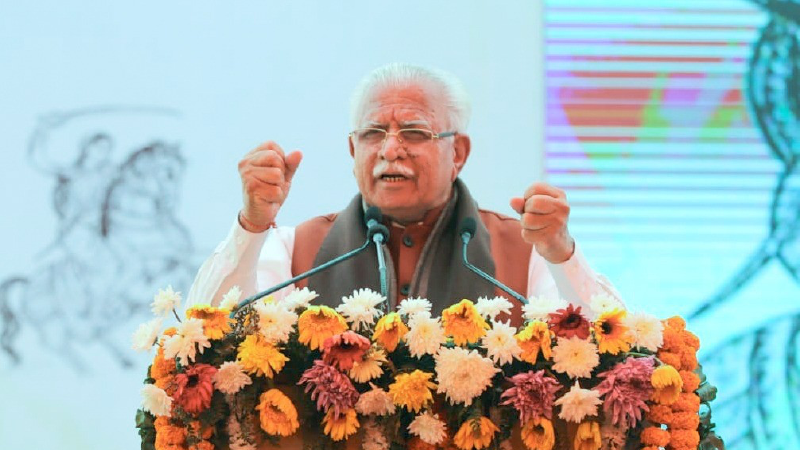
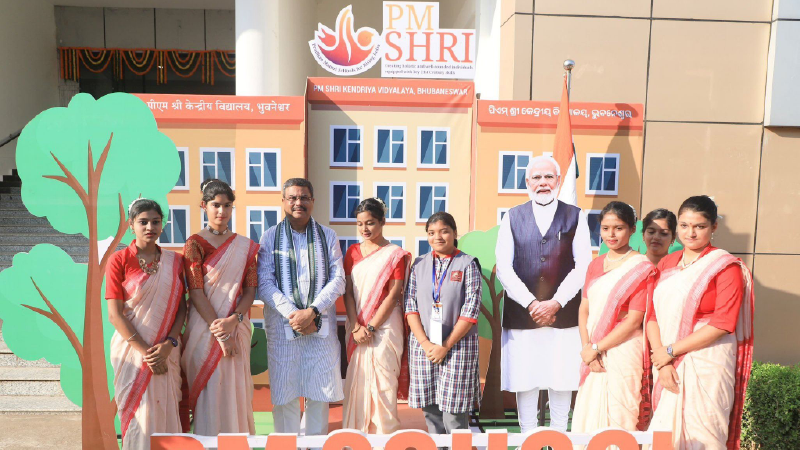
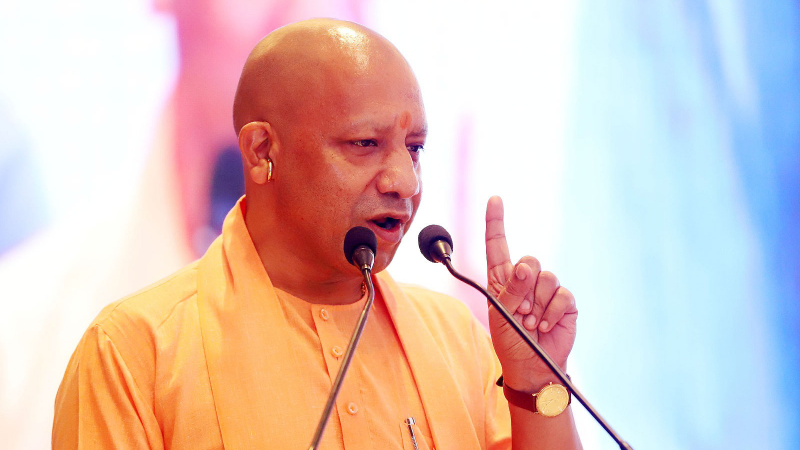
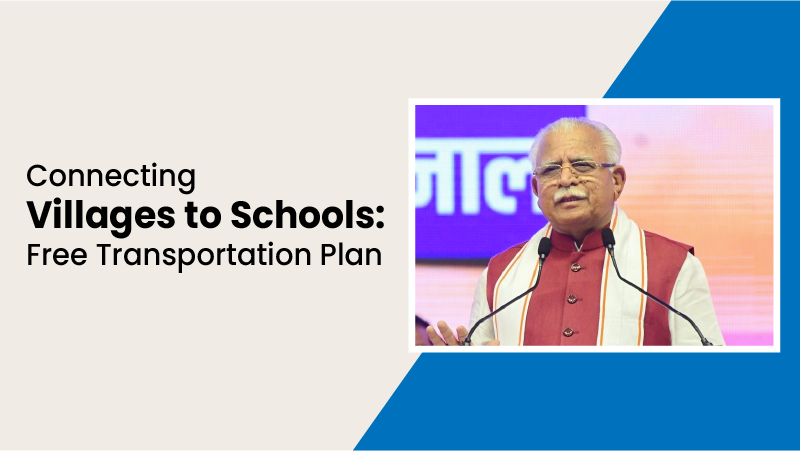

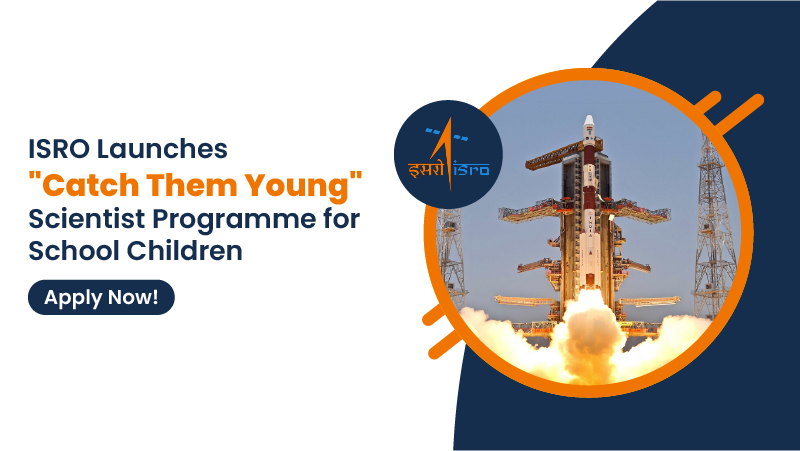
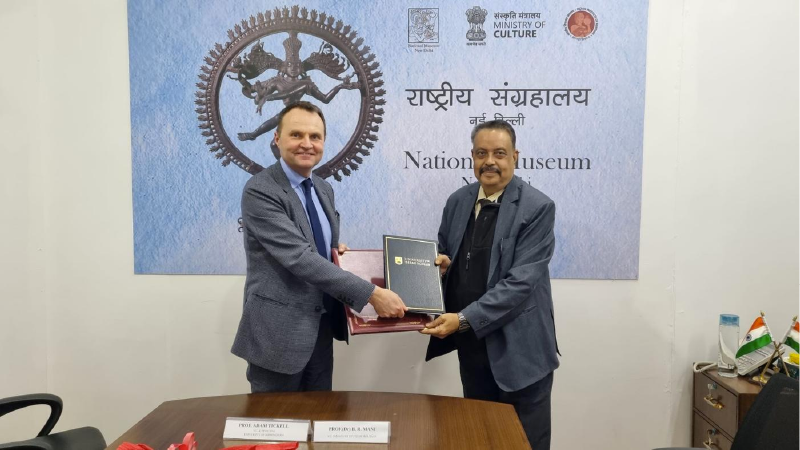
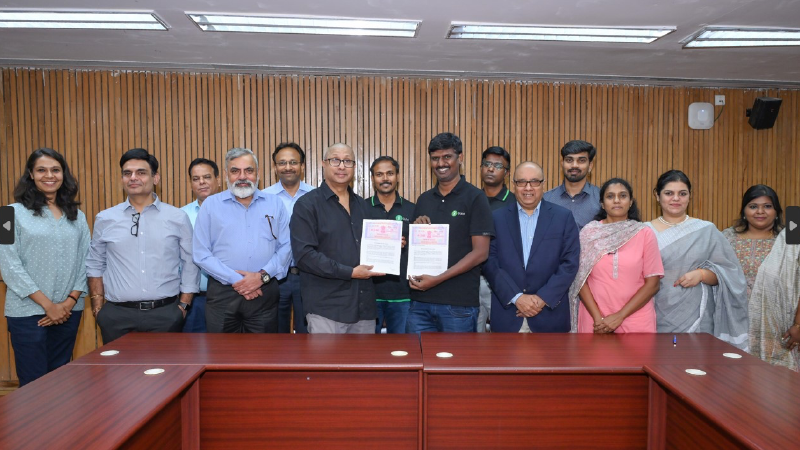
0 Comments
Post Comments